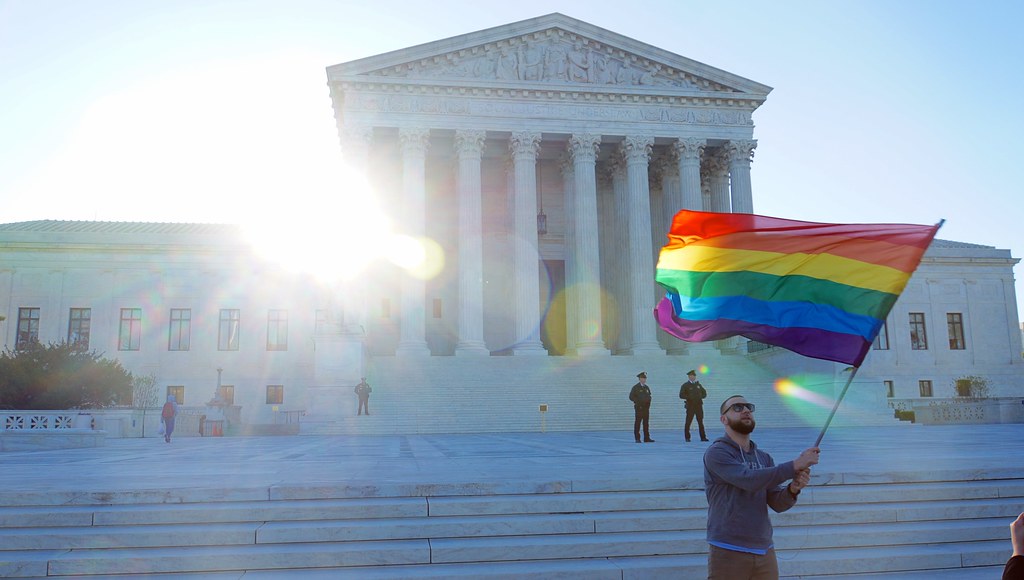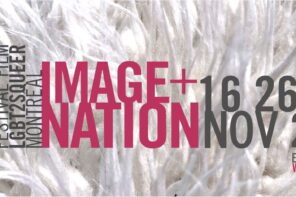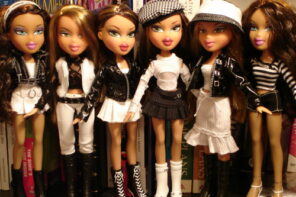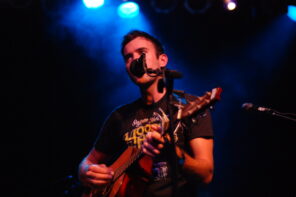Content Warning: This article deals with sensitive topics such as homophobia and sexuality-based violence.
Last Tuesday, dozens of LGBT+ activists stormed Capitol Hill in an act of nonviolent protest. The Supreme Court was debating whether Title VII of the Civil Rights Act, which bars employment discrimination, should extend to apply to lesbian, gay, bisexual and transgender Americans. Rainbow flags rustled through the wind on the steps of the US Supreme Court Building, and witty banners waved high in the air.
Earlier this week, I beamed with pride watching clips of these protestors chanting at the Trump administration government. However, there is another date this Queer History Month to which I feel more ambivalence.
Today, Friday, October 11th, marks National Coming Out Day. On this day, LGBT+ human rights groups and organizations across North America encourage closeted queer people to step out and declare their identities loudly and proudly to the world. A hashtag circulates on social media, recently-declared LGBT+ people pour their hearts into online novellas, and sometimes celebrities even join in on the fun.
When I was in the closet as a young teenager, I found the idea of a Coming Out Day ridiculous. While a lot of my life has changed since then, my attitude towards the day has not budged. I believe a National Coming Out Day may have once carried important meaning, but in an age with both Supreme Court protests and unparalleled LGBT+ visibility in the media, I do not believe an official Coming Out Day holds much ongoing relevance.
National Coming Out Day emerged in the aftermath of the 1987 March on Washington for Gay and Lesbian Rights. In the months after the march, activists Jean O’Leary and Robert Eichberg founded the day as a method of normalizing and publicizing the existence of gay and lesbian people to the straight world.
At the time, there were no centrist gay politicians on daytime television announcing their presidential candidacy to lesbian talk show hosts. Instead, LGBT+ Americans faced a devastating HIV/AIDS epidemic, which most mainstream politicians ignored; job discrimination was not only legal, but expected. In the 1980s, coming out was the only way an individual could make themselves visible to a hostile world. Coming out was intrinsically tied with picking a political side, and it was a way to radically mark oneself as an “other.”
Acknowledging this reality, Eichberg explained how, “It is imperative that we come out and let people know who we are and disabuse them of their fears and stereotypes.” Then, normalizing the notion of coming out was seen as a necessary step to advance LGBT+ acceptance, and it was the only tangible thing a closeted person could do to rid homophobes of their power.
The persistence of a National Coming Out Day overlooks the ugly reality of LGBT+ discrimination that still courses through the veins of North American society.
In an ideal scenario, a National Coming Out Day would galvanize closeted queer people by providing them with the support of countless allies. By designating a set day in the year in which one is encouraged to come out, those tiptoeing at the threshold of the closet will finally muster up the courage to take that final leap.
Unfortunately, however, coming out still isn’t a safe option for everyone. The persistence of a National Coming Out Day overlooks the ugly reality of LGBT+ discrimination that still courses through the veins of North American society.
Statistics Canada reveals that in 2016, 13% of hate crimes were motivated by sexual orientation. The Pulse Nightclub Shooting still resonates with many queer Americans as a recent iteration of American homophobia; for others, Matthew Shepard’s murder and myriad youth suicides serve as a chilling reminder that stepping out of the closet does not always welcome open-arms acceptance. Hate crimes against LGBT+ people are also notably violent. In 2009, 63% of all crimes motivated by sexual orientation resulted in the victims suffering injuries: a rate much higher than hate crimes affecting other minority groups.
Beyond this, as the LGBT+ umbrella continues to expand and encompass more identities, the conception of “coming out” as a single, one-time process is quickly fading into obscurity.
For many, the closet is not a voluntary hiding spot, but a necessary point of refuge from legitimate danger. Not everyone has a supportive family that watches Modern Family once a week, and not every nineteen-year-old has the privilege of living in a city with a thriving queer village. For many still grappling with how to publicly convey their sexuality or gender identity, a day that glorifies the coming out process could be interpreted as tone-deaf at best, and at worst, downright shaming.
Beyond this, as the LGBT+ umbrella continues to expand and encompass more identities, the conception of “coming out” as a single, one-time process is quickly fading into obscurity. Many LGBT+ people today experiment with different labels during their process to find the one that best fits. And what about people who come out more slowly, person by person, and over a more extended period of time? Are they expected to bear their identities to the entire world at once because a specific day says they must?
A National Coming Out Day reduces a delicate, sensitive process that is unique to every individual to hashtags and cutesy Pinterest posts.
A National Coming Out Day reduces a delicate, sensitive process that is unique to every individual to hashtags and cutesy Pinterest posts. It demands a person to undergo an extremely personal process of self-discovery in a homogenous, groupthink-esque manner.
In the process of a few decades, LGBT+activism in North America has progressed from protesting how pharmaceutical companies hijacked the price of HIV/AIDS medication, to securing marriage equality, to now debating if toothpaste brands have become too involved in protests. This is progress, for which we can thank figures like O’Leary and Eichberg, not to mention Marsha P. Johnson, Harvey Milk, and countless other LGBT+ trailblazers. These activists encouraged people to come out and proudly weaponize their differences, so openly LGBT+ people could have the visibility and rights that many of us enjoy today.
Still, National Coming Out Day in its present incarnation feels like a vestige from a different America.
Still, National Coming Out Day in its present incarnation feels like a vestige from a different America. Today, a National Coming Out Day does more to intimidate and condescend than actually advance LGBT+ progress or rights. A person not ready to publicly out themselves can still support LGBT+ activism through the politicians they vote for, the businesses they support, and through practicing active, critical allyship. Visibility is still crucially important, but the stakes have changed. Coming out isn’t the only thing a person today can do to fight intolerance.
A closeted LGBT+ person should come out whenever they feel safe and ready, not because they’ve reached an anticipated deadline.








